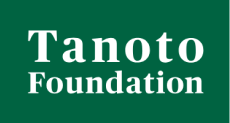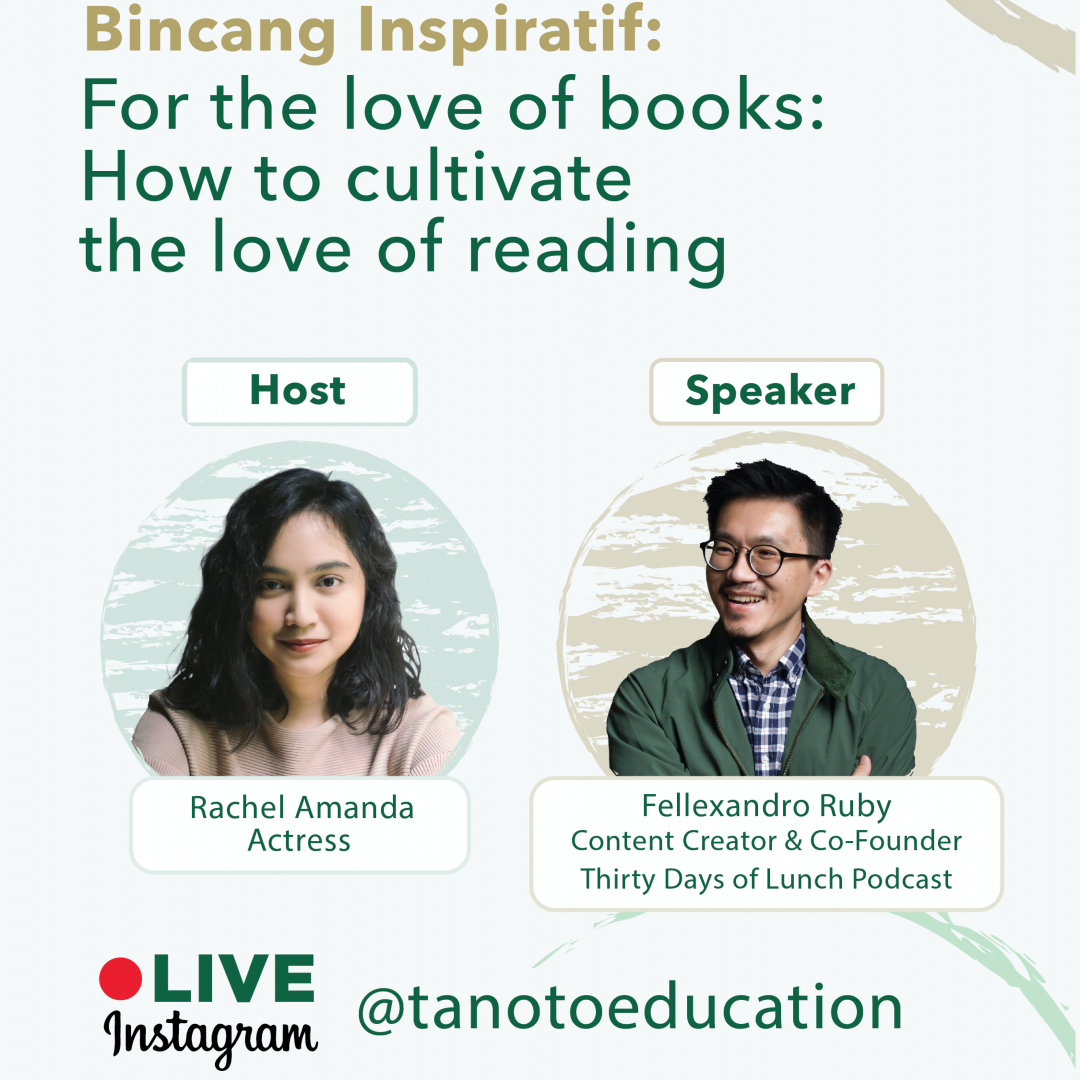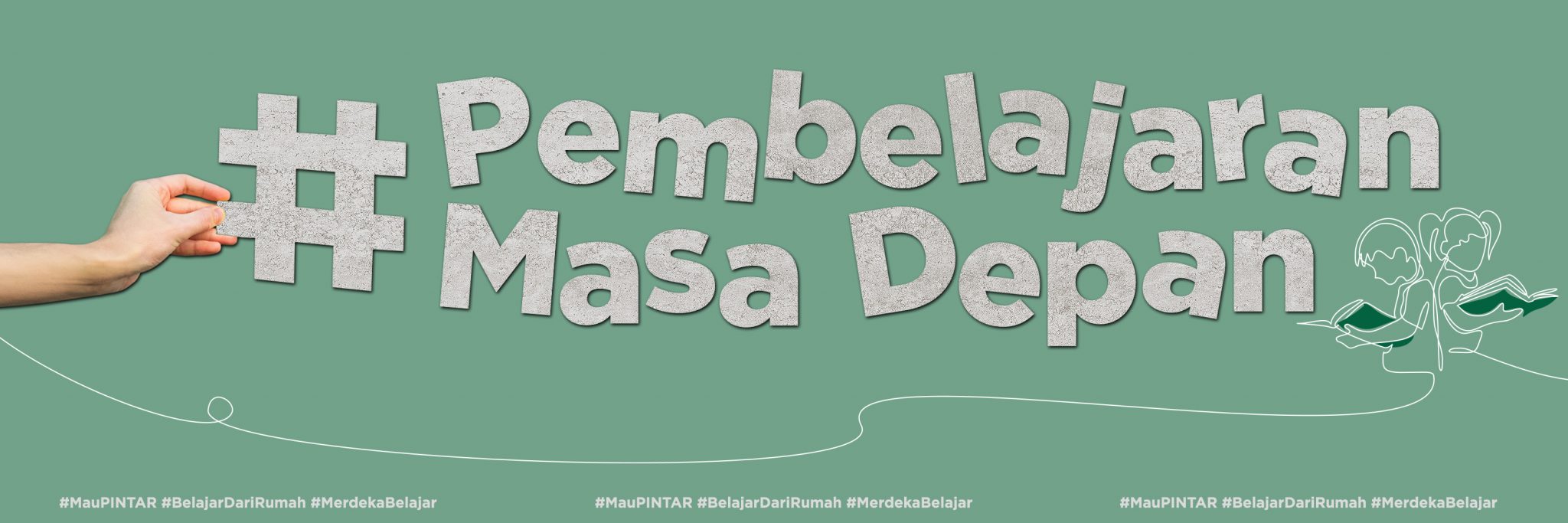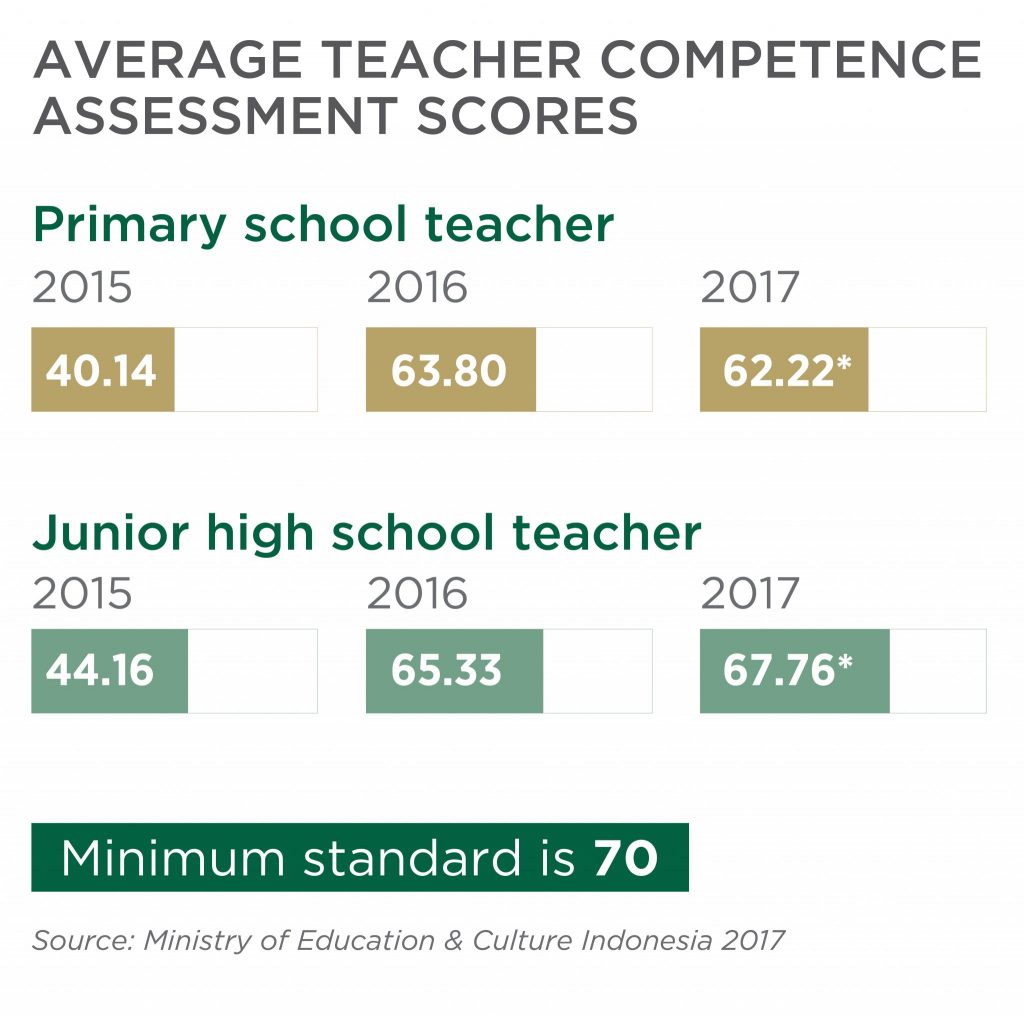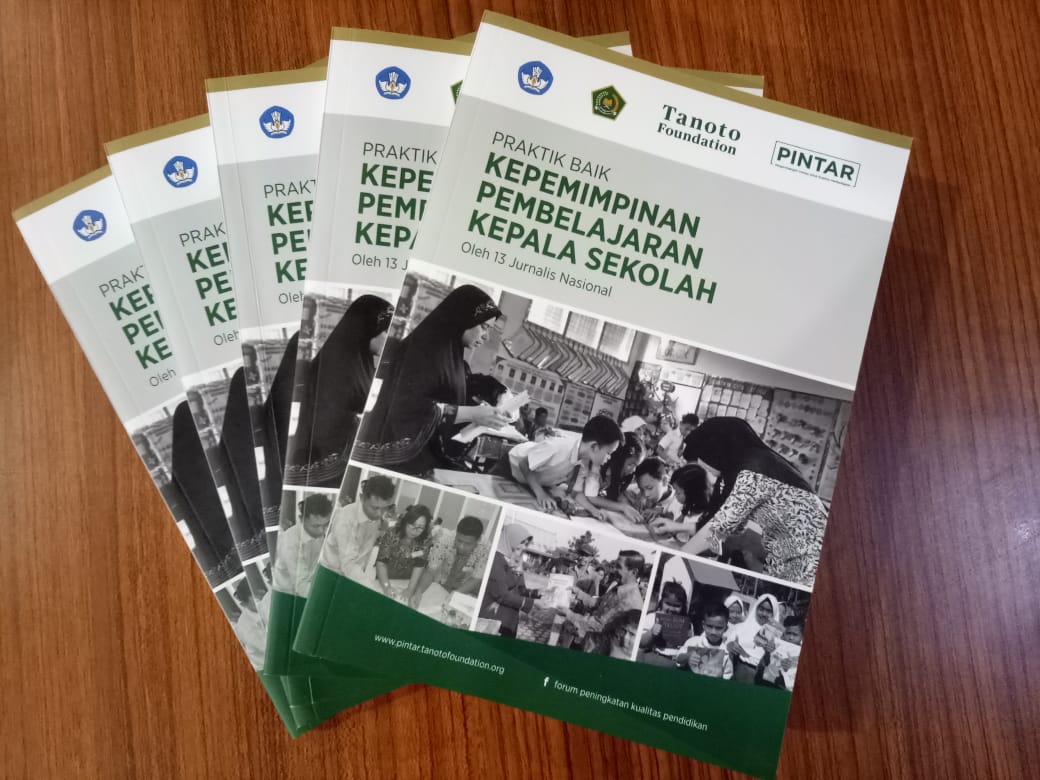“Reading a book is like seeing a cheat sheet that will help us navigate our lives. Books also provide a safe space to relax and solace from the chattering of our own mind,” said Fellexandro Ruby.
While we are living in the age of content, with an abundance of articles, podcast, and short videos, book remains an indispensable source of knowledge and perspective as well as entertainment for many people. Reading has become a key habit that parents wish to instill in children, particularly as it offers an antidote to gadget use and screen time.
However, Indonesians are not particularly keen on reading. An oft-quoted study from Central Connecticut State University in March 2016 found that Indonesia ranked at 60th out of 61 countries on reading habits, just above Bostwana (61) and below fellow Southeast Asian country Thailand (59). This despite the fact that Indonesia is the country with the second most libraries in the world with 164,610, behind only India with 323,605.
In the latest episode of Bincang Inspiratif by Tanoto Foundation, content creator and avid book reader Fellexandro Ruby shared to host Rachel Amanda Aurora some benefits of reading and tips on how to cultivate the love of reading for both parents and children.
This episode covers:
— Reading as an essential habit
— What parents can do to cultivate the love of reading
— Tips on how to pick the right book https://www.instagram.com/tv/CT1oSC6qJHN/embed/?cr=1&v=13&wp=540&rd=https%3A%2F%2Fwww.tanotofoundation.org&rp=%2Fen%2Fnews%2Fbincang-inspiratif-how-to-cultivate-the-love-of-reading%2F#%7B%22ci%22%3A0%2C%22os%22%3A1311%2C%22ls%22%3A997%2C%22le%22%3A1259%7D
Reading as an essential habit
The benefits of reading are well documented. For children, reading is associated with higher level of intelligence, stronger growth of the brain areas responsible for language and visual information, as well as improving empathy.
Reading remains essential for adults, despite the sheer volume of other forms of content. Fellexandro likened books to a main course at a dinner, with podcasts and social media posts being light snacks that cure boredom but with little nutritional content.
For Fellexandro, reading a book is like receiving a cheat sheet on how to navigate life. “Books contain knowledge, perspective, and experience from people who probably have spent years if not decades researching a certain topic. When we deal with a problem for the first time, books will provide immense help,” said Fellexandro.
In our interconnected world where we cannot seem to escape work or other kinds of drudgery, books help us to focus. “30 minutes of peace is a luxury these days, and books allow us to quieten our mind,” said Fellexandro.
What parents can do to cultivate the love of reading
Indonesia is trying to make reading a habit as the capital city Jakarta is vying for the title of UNESCO’s World Book Capital and City of Literature. Of course, this requires everyone from children to adults to pick up a book and start reading more.
For parents who want to encourage their children to read more, Fellexandro sums up three strategies: make it fun, make it accessible, and make it rewarding.
Make it fun refers to the exploration of reading as an experience. While some might find books off-putting and tedious, parents might introduce joy and add nuance to reading. For instance, through interactive books, read-aloud with toys, and creating a reading night that children will look forward to.
Make it accessible means that first and foremost, parents should make books a common fixture at home. Put books everywhere so they’re easy to pick up. But also make sure the material itself is accessible for children, so that the book is easily understood and will spark further interest in reading.
Make it rewarding is a strategy that relies on positive reinforcement or a reward system. In this strategy, parents need to introduce an external motivation so that children will start reading. In the long term, it is hoped that children will continue to do so on their own.
“Children are perfect mirrors for their parents,” said Fellexandro. “If you want them to read, you have to make reading a habit as well.”
Tips on how to start reading and pick the right book
To start making reading a habit, adults need to shed two common misconceptions: first is that you need to follow what’s trending, and second is that a book needs to be read from cover to cover.
“Read a book that is relevant to you, it might be books that discuss about the issues that you’re currently dealing with, or books that are simply interesting to you,” said Fellexandro.
Secondly, while finishing a book is an accomplishment in itself, the burden and guilt of not finishing a book might discourage people from picking up their next read. In that case, we need to be more realistic and practical when it comes to reading. “If you only need to read two or three chapters from the book, then do it. You don’t have to feel guilty of not finishing a book,” said Fellexandro.
For parents who are looking for the right books for their children, the safest choice is by going with something that children already like. With the initial spark of interest, children are more likely to dive deeper into the topic through a book. This is better than reading for the sake of reading or forcing children to read classics that are not necessary relevant to their world anymore.

